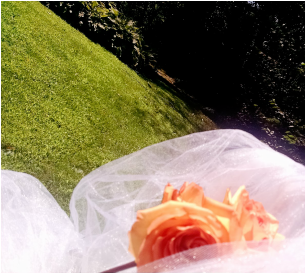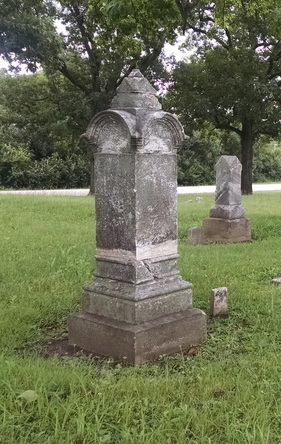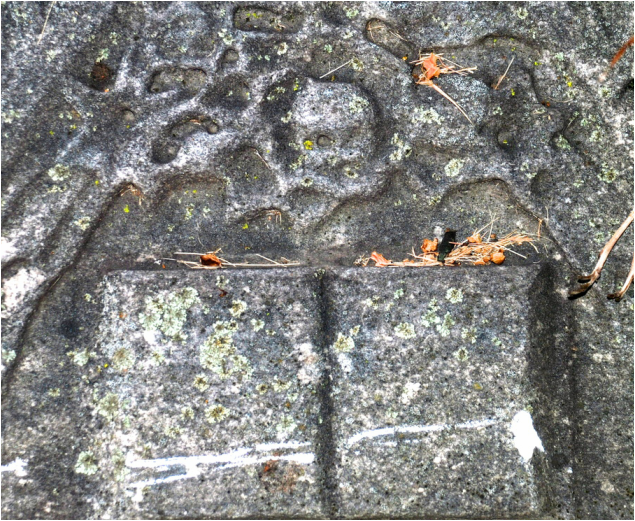Foundations are formed to give dying people both children and adults a final wish in their last days. When we are faced with death, our true desires come into focus. What we truly wish to experience and accomplish might be easier to envision then. We hear of children wanting to go to Disney World as a final wish. If we are older perhaps we might most desire is to have our family gathered around us one last time so that we can share stories and laugh while we can. Maybe that trip to Paris with someone dear to us is our true desire. Each one of us is different, so what one person might most desire would not at all be what another would ever dream of wanting. That’s the beauty of being human.
Bucket lists can be an on going list we keep in our minds or written down. Bucket lists can be wonderful tools. They can help us understand ourselves better. Bucket lists, when they become more of the focus of our lives, may become less of a tool and more an escape from reality. As we go along in life, we need to stop and look for the day-to-day goodness we have. I know that sometimes seeing the good can be almost impossible, but I think if we are open to this, we can see the beauty around us.





 RSS Feed
RSS Feed